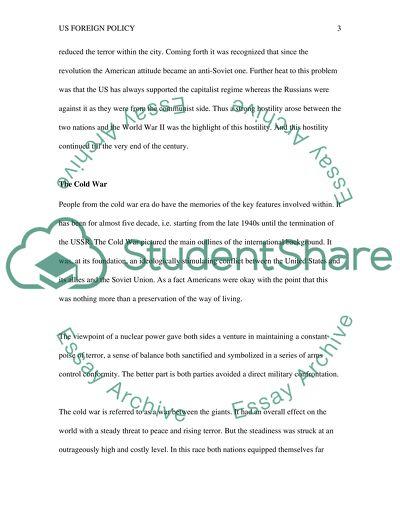Cite this document
(“The foreign policy and the domestic life of the United States from Essay”, n.d.)
Retrieved from https://studentshare.org/politics/1506307-the-foreign-policy-and-the-domestic-life-of-the-united-states-from-1945-to-1965
Retrieved from https://studentshare.org/politics/1506307-the-foreign-policy-and-the-domestic-life-of-the-united-states-from-1945-to-1965
(The Foreign Policy and the Domestic Life of the United States from Essay)
https://studentshare.org/politics/1506307-the-foreign-policy-and-the-domestic-life-of-the-united-states-from-1945-to-1965.
https://studentshare.org/politics/1506307-the-foreign-policy-and-the-domestic-life-of-the-united-states-from-1945-to-1965.
“The Foreign Policy and the Domestic Life of the United States from Essay”, n.d. https://studentshare.org/politics/1506307-the-foreign-policy-and-the-domestic-life-of-the-united-states-from-1945-to-1965.


